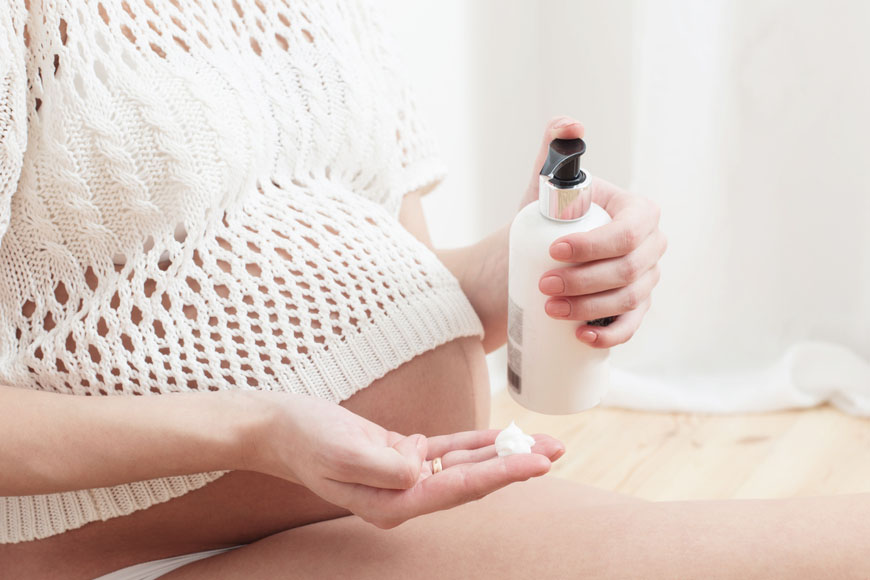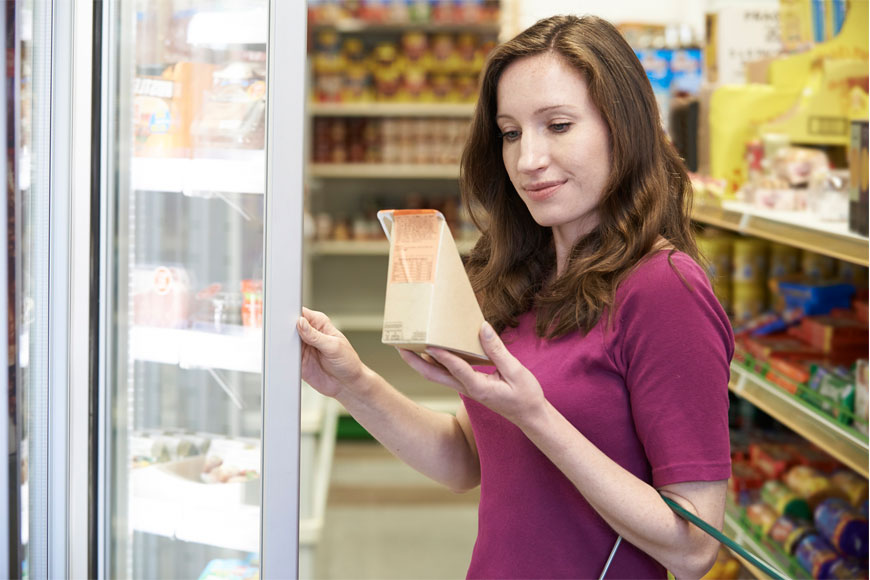Pupils in Abu Dhabi who are returning to school this year will be required to wear a face mask, announced authorities.
22 July 2020
| Last updated on 22 July 2020
Schools in Abu Dhabi will decide whether students will be in class full-time, part-time or on alternating weeks.
In a new announcement for parents from the Abu Dhabi Department of Education and Knowledge (ADEK), authorities have set out rules to keep students safe when they return to school this August.
The UAE Ministry of Education confirmed that the academic year for 2020/2021 for both public and private schools will start on Sunday August 30. After the summer holidays, the new guidelines must be followed by all schools, staff, and pupils.
"The UAE academic year will start as per the calendar already approved by the Ministerial Development Council on August 30th, while the administrative and teaching staff will begin working on August 23rd," said Hussain bin Ibrahim Al Hammadi, Minister of Education.
Below are the rules that children must follow when they return to class next month.
Rules for Abu Dhabi students
- Abu Dhabi pupils above six years old will be required to wear face masks at all times, except when eating and drinking.
- If a child is unable to wear a face mask for any reason, they must instead wear a face shield. A medical certificate must be provided to the school.
- Daily temperature checks.
- Social distancing of at least 1.5 metres for all.
- Both children and teachers will have to take a COVID-19 test before they return to school this August.
- Students must bring at least two face masks to school per day, and must change masks during the day.

- Children of Determination who have hearing impairments may use face shields
- If they are able to, pupils can bring a 70-80% alcohol-based sanitiser with them.
- Gloves are not mandatory or recommended, but pupils are allowed to wear them.
- Younger children (KG to early primary years) may be grouped into a small bubble of students and one staff member who will not interact with others.
What precautions are Abu Dhabi schools taking?
Schools will follow an intensive disinfection programme every 24 hours to keep facilities clean. Hand washing and sanitising stations will be available around the premises.
Toilets will be disinfected every hour, and high-contact surfaces such as doorknobs, hand railings and light switches will be cleaned regularly.
Headteachers can decide on whether students should be allowed into full time, part time, or if classes will reduced to alternate days or weeks. Regardless of which new class model a school chooses, the school must receive approval from ADEK and parents will be informed by Thursday July 30 at the latest.
Full time distance learning will not be an option and all students must be enrolled in school. However, if a student has a high-risk health condition, s/he may continue distance learning provided they submit a medical certificate to the school.
Swings, slides and other playground facilities will not be available for some time in order "to reduce the chances of cross contamination".

School staff will be supervising lunch time as children be allowed to take off their masks then.
Physical Education classes and sports activities will be suspended until further notice.
School buses will only operate at 50% its usual capacity as social distancing measures will be put in place. Students who use the school bus will be given a designated seat to use.
Parents and students who use smartphones are required to download the Al Hosn app, which tracks COVID-19 in the UAE.
In the circular, ADEK stated: “We have just completed one of the most challenging academic years in our history as a nation, and your unparalleled commitment and co-operation was instrumental in ensuring that our schools delivered quality learning to our children."































































.png?itok=o7XUYJI4)


















































































